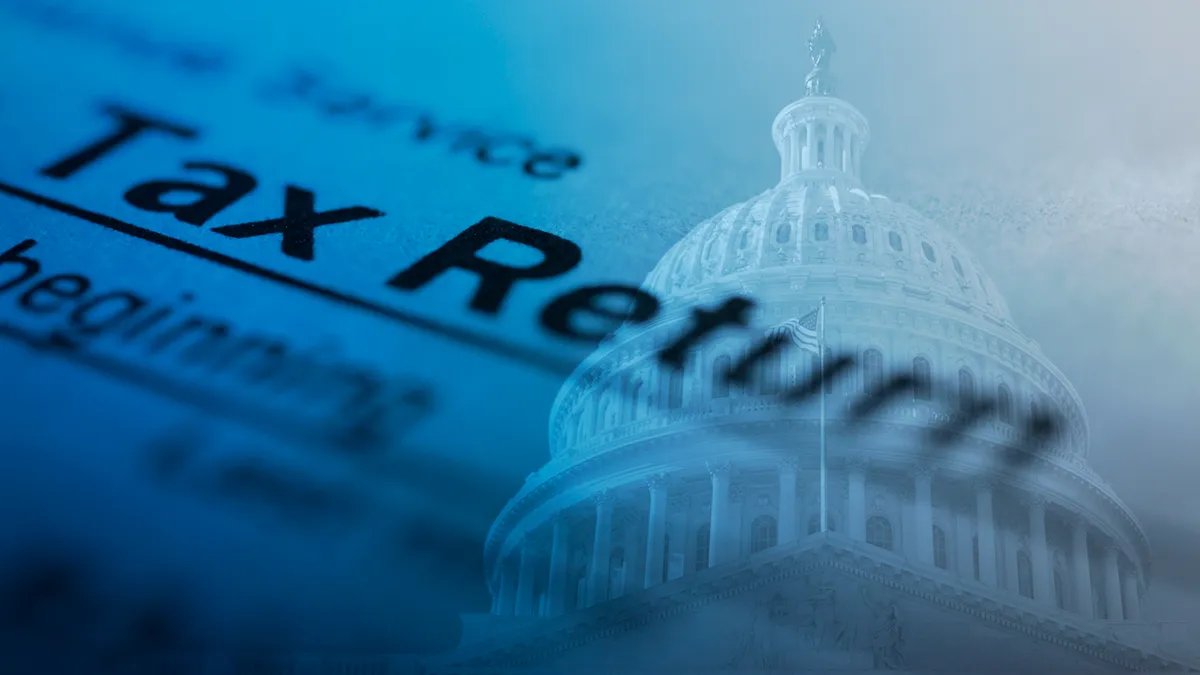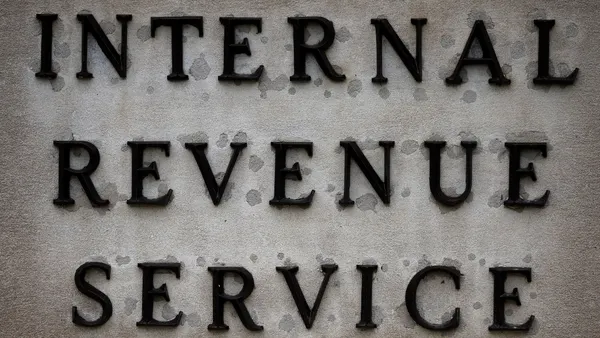The U.S. Supreme Court this week declined to hear an appeal on how companies are to split costs with foreign subsidiaries, dealing a blow to tech companies that rely on stock options as a big part of their employee compensation plans.
By not hearing the appeal case, Altera v. Commissioner of Internal Revenue (19-1009), the court is allowing the IRS to stay with its rule, which forces companies to allocate much of their stock-based compensation to their foreign subsidiaries.
Tech companies that were challenging the IRS, including Alphabet, Facebook, and Twitter, prefer to allocate the bulk of their stock-based compensation to their U.S. operations because doing so increases their deductions, lowering their taxes.
By requiring them to allocate a large portion of the compensation to their foreign subsidiaries, which are typically located in low-tax jurisdictions such as the Cayman Islands, the IRS rule reduces how much they can deduct under higher U.S. tax rates.
The IRS rule tends to hit tech companies particularly hard because they often rely on stock options to save cash they would otherwise spend on compensation.
Under the IRS rule, Facebook paid $1.6 billion in taxes last November, according to reports, and it was hoping to get that reduced by a favorable Supreme Court ruling, but that won’t happen now.
Also hit hard are Google, which faces more than $400 million in taxes, and Twitter, which faces $80 million, according to reports.
But the rule impacts smaller tech companies, too, to the extent they use stock options to attract talent.














